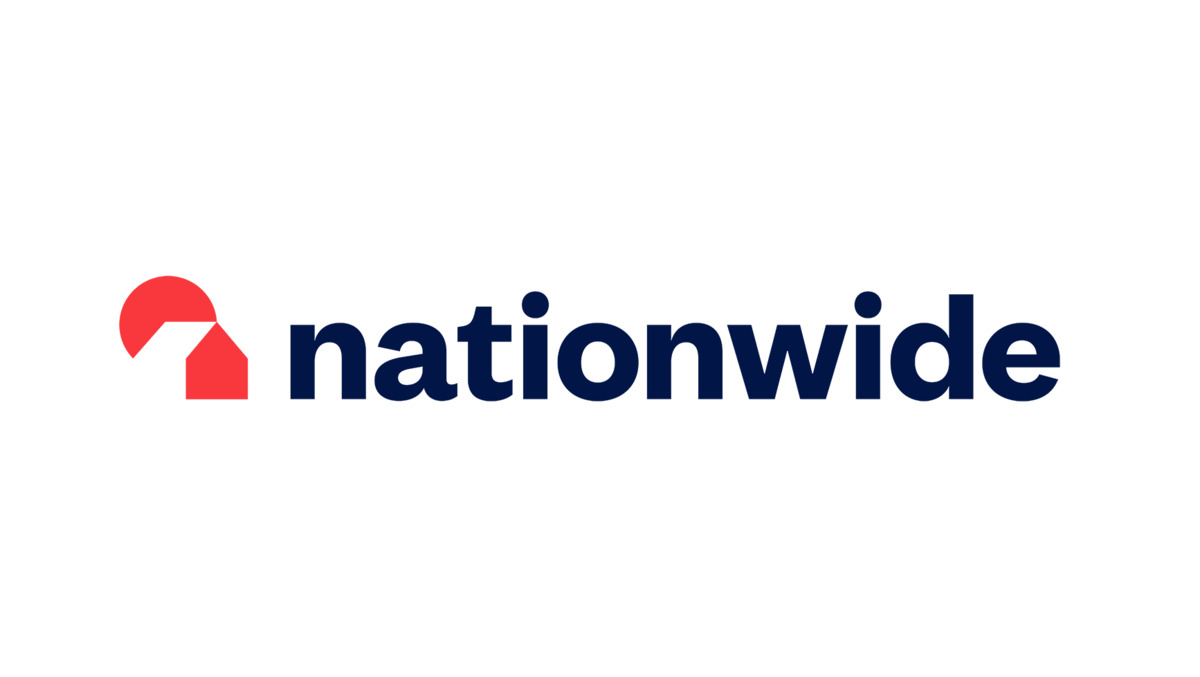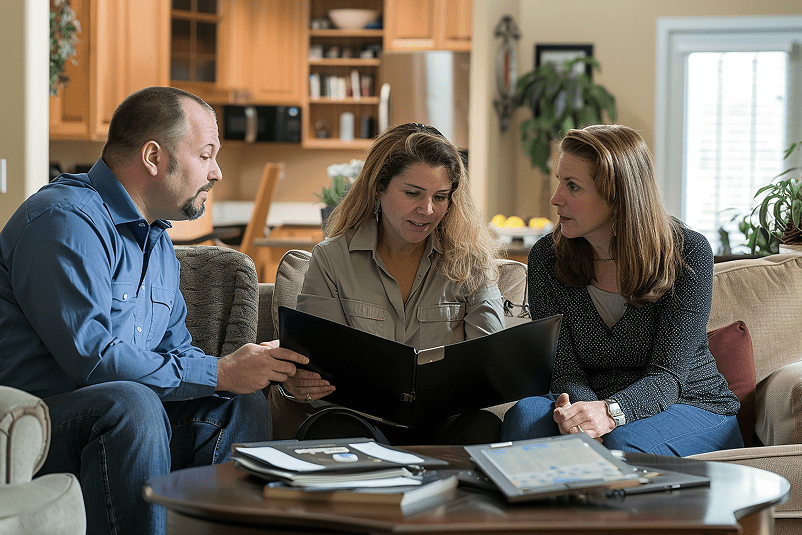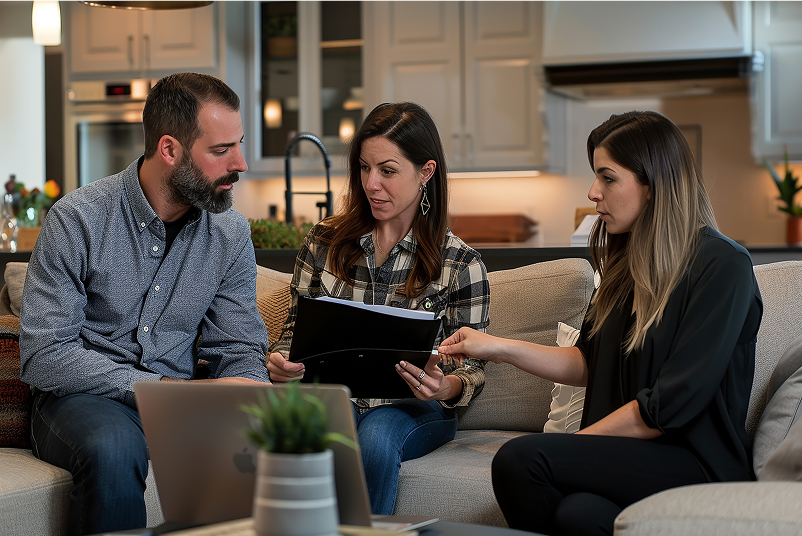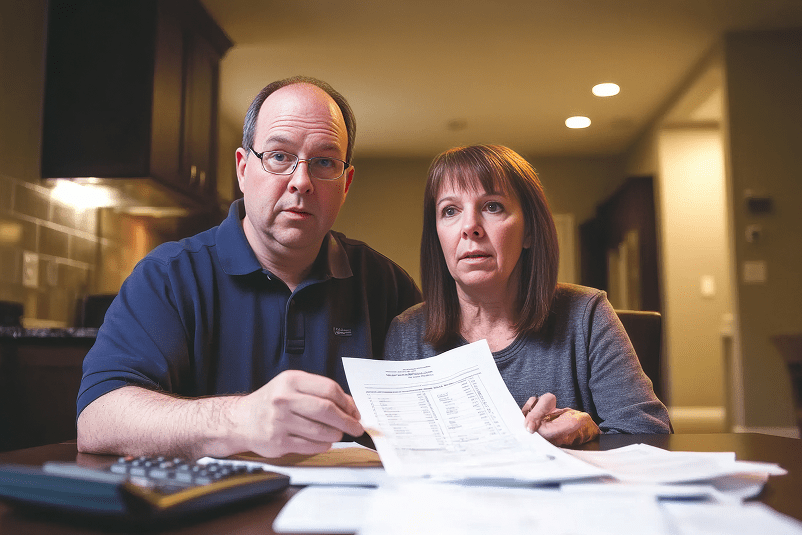Getting a Mortgage After a Repossession
The stress and financial repercussions of a repossession can also take its toll, along with leaving behind a huge blemish on your credit. The question for many people is, can you get a mortgage after repossession?
The good news is that although repossession can make it harder to get a mortgage, it is not impossible. While there are many specialist lenders willing to consider people with previous repossessions, they will only be able to help, provided the applicant meets certain criteria.
In this article, we’ll look at how a repossession impacts your chances of getting a mortgage, how to rebuild your credit, and which lenders will work with borrowers who have had a repossession.
Introduction to Mortgages After Repossession
Repossession is when a lender take possession your home because you haven’t been able to keep up with mortgage payments. This process can have a major effect on your credit score and financial standing, as it can make it difficult for you to get new lines of credit including a mortgage.
Mortgage providers will inquire about the outstanding balance on a repossessed property, which can impact mortgage eligibility.
Repossession usually doesn’t happen after just one missed payment. Lenders will typically begin the recovery process after 3 to 6 missed mortgage payments, though this can vary. Before formal repossession, lenders will try to contact the borrower, issue arrears notices, and offer support or repayment options.
Once arrears become serious and unmanageable, the lender may seek a court order for possession, leading to repossession of the property.
If you’ve experienced a repossession, regularly checking your credit reports is crucial for rebuilding your financial profile and preparing for future mortgage applications. A repossession will significantly impact your credit score and remain on your file for six years, potentially affecting your ability to borrow.
Monitoring your credit report helps you ensure the repossession is recorded accurately, check for any incorrect or lingering defaults, and track your recovery progress. Staying informed allows you to take the right steps, like paying bills on time and reducing debt to gradually rebuild trust with lenders. The credit reports lenders use are the following, Check my file, Experian, Equifax and Transunion.
Specialist mortgage lenders might be more flexible and willing to consider your application especially if you’ve made efforts to get your financial matters in order since the repossession.
Understanding Repossession
Repossession is a legal process where a lender takes ownership of a property due to non-payment of mortgage payments. This can occur when a borrower fails to meet their mortgage repayments, and the lender is left with no choice but to repossess the property to recover their losses. A repossession can have severe consequences on a borrower’s credit report and credit file, making it challenging to get a mortgage after repossession. However, with the help of specialist lenders and mortgage brokers, it is possible to get a mortgage after a repossession.
Specialist lenders are more flexible and willing to consider applications from individuals with a repossession on their record. They understand that financial difficulties can happen and are more focused on the borrower’s current financial situation and efforts to rebuild their credit. Mortgage brokers play a crucial role in this process by connecting borrowers with the right lenders who are more likely to approve their mortgage application. By working with a specialist mortgage broker, individuals can navigate the complexities of getting a mortgage after a repossession and find a lender that meets their needs.
Key Factors That Affect Your Mortgage Application Post-Repossession
Lenders will consider several important factors when you apply for a mortgage following a repossession to determine whether they want to lend you money. Applications from borrowers with multiple credit issues are often viewed as higher risk by lenders, which can make the approval process more challenging.
Additionally, lenders will not accept mortgage applications from individuals who were repossessed by a member of their banking group.
- Time since repossession: The longer it has been since the property was repossessed, the more it helps. Many lenders prefer applicants whose property was repossessed at least three years ago.
- Reason for repossession: Lenders will look at the circumstances of the repossession. If it was a one-time financial hardship, like a job loss or illness, some lenders may consider being more understanding. Lenders will also be more sympathetic towards applicants whose repossession was due to reasons beyond their control.
- Credit score improvement: Lenders will consider your credit score and the way you’ve handled your finances since the repossession. Showing responsible financial behaviour, like paying your outstanding debts and keeping a low credit utilisation rate, can increase your chances.
- Current financial stability: Lenders will look for evidence of a stable income and improvement in your financial circumstances since the repossession. Lenders will find you more attractive if you have a steady job and a good savings record.
- Deposit size: The bigger the deposit (usually 15-25% plus), the greater your chances for repossession mortgage approval, as it decreases the risk for the lender.
Can You Get a Mortgage Immediately After Repossession?
You’re unlikely to get a mortgage right after a repossession. Most lenders will want to see that a few years have passed since the repossession, and that you hadn’t been demonstrating an inability to manage your finances in the meantime. Some specialist lenders might accept your application earlier than this if you can make a significant deposit and demonstrate an improvement in your finances.
Comprehensive Mortgage After Repossession Timetable Requirements
|
Time Since Repossession |
Deposit Required |
Interest Rates |
|
0-6 months |
35-50% |
Base rate + 7-12% |
|
6-12 months |
30-40% |
Base rate + 6-9% |
|
1-2 years |
25-35% |
Base rate + 5-7% |
|
2-3 Years |
20-30% |
Base rate + 5-6% |
|
3-4 years |
15-25% |
Base rate + 4-5% |
|
4-6 years |
10-20% |
Base rate +3-4% |
|
6+ years |
5-15% |
Standard rates |
Lenders That Offer Mortgages After Repossession
While numerous high street banks might be hesitant to provide mortgages to people with a repossession on their record, a number of specialist mortgage lenders are willing to consider individuals who have encountered financial troubles in the past.
Lenders often charge higher interest rates when the repossession occurred recently. So, here are some lenders that could potentially odder a mortgage after repossession:
1. Precise Mortgages
Precise Mortgages is regarded as a household name for providing mortgages to borrowers with complicated credit history, such as repossessions. They will consider certain applicants who had a repossession over three years ago, and they may consider your current financial stability and the size of your deposit. This would be subject to underwriter review.
2. Kensington Mortgages
Kensington Mortgages is a flexible lender for those with credit problems such as repossession. They also focus on borrowers who have made steps to get their finances back in order and are more inclined to approve applications related to a repossession that took place several years ago. This would be subject to an underwriter review.
3. The Mortgage Lender
The Mortgage Lender specialises in supporting borrowers with less than perfect credit backgrounds (including past repossessions) to secure their own mortgage. They look at each borrower individually on a case-by-case basis and may be open to lending if the repossession was a few years ago and they’re able to provide evidence of financial recovery.
4. Aldermore
Aldermore is a lender that is known for accepting people with a history of repossession as long as it was more than three years prior to application. This, naturally, makes them a suitable provider for individuals seeking to secure a mortgage after a property repossession.
5. Bluestone Mortgages
Bluestone Mortgages has products that cater to people with bad credit history (including repossession). They assess applications on how long ago the repossession occurred and the borrower’s current financial position, which makes them a solid alternative if you have faced repossession in the past.
Managing Finances and Mortgage Affordability
Managing finances and mortgage affordability is crucial when applying for a mortgage after a repossession. Lenders will assess an individual’s credit history, income, and financial commitments to determine their ability to afford mortgage payments. A specialist mortgage broker can help individuals with adverse credit events, such as a previous repossession. They would be able to find right lender and mortgage product.
It’s essential to demonstrate a good credit record and a stable financial situation to increase the chances of getting a mortgage approved. Many lenders, including high street lenders and specialist lenders, offer mortgage products for individuals with bad credit. They may require a larger deposit and higher interest rates. By working with a specialist mortgage broker, individuals can navigate the complex process of getting a mortgage after a repossession and find a lender that meets their needs.
In addition to this, lenders will also consider factors such as the amount of money involved in the repossession, the reason for the repossession, and the current financial standing of the individual. They will also assess the individual’s credit commitments, including other credit debts, payday loans, and credit cards, to determine their ability to afford mortgage payments.
By understanding these factors and working with a specialist mortgage broker, individuals can increase their chances of getting a mortgage after a repossession and achieving their goal of owning a home.
It’s also important to note that many specialist lenders offer mortgage products with more competitive interest rates and flexible terms for individuals with adverse credit events. These lenders may consider applications from individuals with a previous repossession, and they may offer more lenient credit checks and affordability assessments. However, it’s essential to work with a reputable and experienced mortgage broker to find the right lender and mortgage product.
Steps to Improve Your Chances of Getting a Mortgage After Repossession
Securing a mortgage after repossession can be challenging, but with the right approach, you can increase your chances of approval. Here are some key steps to take:
1. Rebuild Your Credit Score
A repossession will have negative impact on your credit score, working on rebuilding your credit is important. Here are some tips to help raise your credit score: Registering on the electoral roll can also help improve your chances of mortgage approval.
- Pay all your bills on time and avoid any missed payments.
- Keep your credit utilisation low (below 30% of your available credit limit).
- Regularly check your credit report for any errors or discrepancies and have them corrected.
- Avoid applying for too much new credit too soon.
2. Save for a Larger Deposit
A larger deposit (15-25% or more) will make all the difference when applying for a mortgage post-repossession. A larger deposit lowers the risk for the lender and demonstrates that you have made efforts to improve your financial situation.
3. Work with a Specialist Mortgage Broker
A specialist mortgage broker will help you find the right lender more likely to approve your mortgage application. Brokers will have access to lenders that may not be available directly to borrowers and can give you insight into what you can do to improve your chances of getting approved. Many lenders who are flexible with bad credit mortgages require applicants to go through a broker.
4. Demonstrate Financial Stability
Lenders will want to know that you have steady income and that your financial situation has improved since the repossession. Demonstrate that you’re in a better position now, with a steady job, getting your debt paid off, and a healthy savings account. Preparing financial documentation is essential for mortgage lenders to evaluate your application.
5. Consider a Joint Mortgage
Applying for a joint mortgage may increase your chance of approval if your partner or co-borrower has a better credit history. Both applicant’s financial situations will be scrutinised by lenders, and a stronger credit profile from one person may help offset the impact of the repossession on the other party.
How Long After Repossession Can You Get a Mortgage?
The amount of time since your repossession will play a significant role in whether you can get a mortgage. Here’s a rough timeline:
- Within 1-2 years: It’s highly unlikely you’ll be able to get a mortgage so soon after repossession. Most lenders will require a longer period of financial stability.
- After 3 years: Some specialist lenders may consider your application after three years, especially if you have a large deposit and can demonstrate financial improvement.
- After 6 years: Once the repossession is removed from your credit report (after six years), your chances of getting a mortgage improve significantly. By this point, many mainstream lenders may also consider your application if your credit score has improved. There are approximately 38 lenders that will consider mortgage applications from individuals with a repossession over 6 years old.
Getting a mortgage after repossession is challenging, but it’s possible with the right strategy. While most high street lenders may be reluctant to offer a mortgage, specialist lenders are more willing to consider applications from individuals with past repossessions, particularly if they have shown financial recovery.
By focusing on rebuilding your credit score, saving for a larger deposit, and working with a specialist mortgage broker, you can increase your chances of securing a mortgage and achieving your homeownership goals after repossession. Don’t let a past financial setback define your future. There are lenders who are willing to work with you to find the right mortgage solution.
Get help from an experienced mortgage broker
You can speak to one of our specialist mortgage brokers who would be able to guide you through the process. They will advise if there is a lender available and the maximum loan amount based on your circumstances. We are a whole of market mortgage brokerage with access to all lenders. Call us on 01332 470400 or complete the form with your details for us to give you a call back.
Why Work with Option Finance for Bad Credit Mortgages?
At Option Finance, we specialise in mortgages for complex credit scenarios. Our team works with all major bad credit lenders and has access to exclusive deals that aren’t available on the high street.
Understanding one’s credit report from a credit reference agency can help in securing a mortgage.
Over 20 years of experience
Full market access to specialist lenders
Fast, honest, and personalised mortgage advice
Expert help with complex or recent credit issues
Showing our favourite reviews
Always attentive, helpful and efficient
Jonathan, 27 Jan 2025
Best Mortgage Broker in the UK!
Liam, 26 Nov 2024
Ben was really helpful in helping me…
George, 28 Aug 2024
FAQs
Can I get a mortgage after a repossession?
Yes, it’s possible. While many high street lenders may decline your application, specialist mortgage lenders are often willing to consider borrowers with a repossession on their record—especially if it’s been a few years and your finances have since improved.
How long after a repossession can I apply for a mortgage?
Most lenders will want to see at least 3 years since the repossession occurred, though some specialist lenders may consider applications sooner with a larger deposit and financial stability.
After 6 years, the repossession is removed from your credit file, which greatly improves your chances.
How does repossession affect my credit score?
Repossession has a major negative impact on your credit score and stays on your credit report for six years. During this time, lenders will view you as higher risk—but consistent financial recovery can help rebuild trust.
Which lenders offer mortgages after repossession?
Specialist lenders such as:
- Precise Mortgages
- Kensington Mortgages
- The Mortgage Lender
- Aldermore
- Bluestone Mortgages
…are known for considering applications from individuals who’ve experienced repossession, especially when accompanied by a good deposit and recent credit improvements.
Can I get a mortgage if my repossession was recent?
It’s very unlikely within the first 12 months, unless you have a significant deposit (35–50%) and strong supporting evidence of financial recovery. Some lenders may consider you from 12–24 months post-repossession with a 25–30% deposit.
Will I need a larger deposit?
Yes. The more recent the repossession, the larger the deposit required. Expect to need:
- 35–50% deposit within 1 year
- 15–25% deposit after 3–4 years
- 10–15% deposit after 6+ years
A larger deposit reduces the lender’s risk and opens up better interest rates.
Does the reason for repossession matter to lenders?
Yes. Lenders will want to understand the cause—whether it was due to job loss, illness, or other one-off financial hardship. Demonstrating that the situation was temporary and now resolved can improve your chances.
What can I do to improve my chances of being approved?
- Rebuild your credit score by paying bills on time and reducing debts
- Save for a larger deposit (15–25% or more)
- Avoid new credit applications
- Work with a specialist mortgage broker
- Provide evidence of a steady income and financial recovery
Will my interest rate be higher after a repossession?
Yes. If your co-borrower has stronger credit and stable income, a joint mortgage can improve your chances of approval and help you access better terms.
Can I apply jointly with someone else to improve my chances?
- Rebuild your credit score by paying bills on time and reducing debts
- Save for a larger deposit (15–25% or more)
- Avoid new credit applications
- Work with a specialist mortgage broker
- Provide evidence of a steady income and financial recovery
Why should I work with Option Finance after a repossession?
We understand that financial setbacks don’t define your future.
- We specialise in bad credit mortgages
- We have access to the full market, including lenders who don’t deal directly with the public
- We manually assess your case and guide you from start to finish
- We help match your situation with the right lender and mortgage deal
Ready to Take the First Step?
Whether you’re a first-time buyer, remortgaging, or moving home, bad credit doesn’t have to hold you back.
Understanding credit scoring can help you prepare for a mortgage application. You can speak to one of our specialist mortgage brokers who would be able to guide you through the process. They will advise if there is a lender available and the maximum loan amount based on your circumstances. We are a whole of market mortgage brokerage with access to all lenders.
































